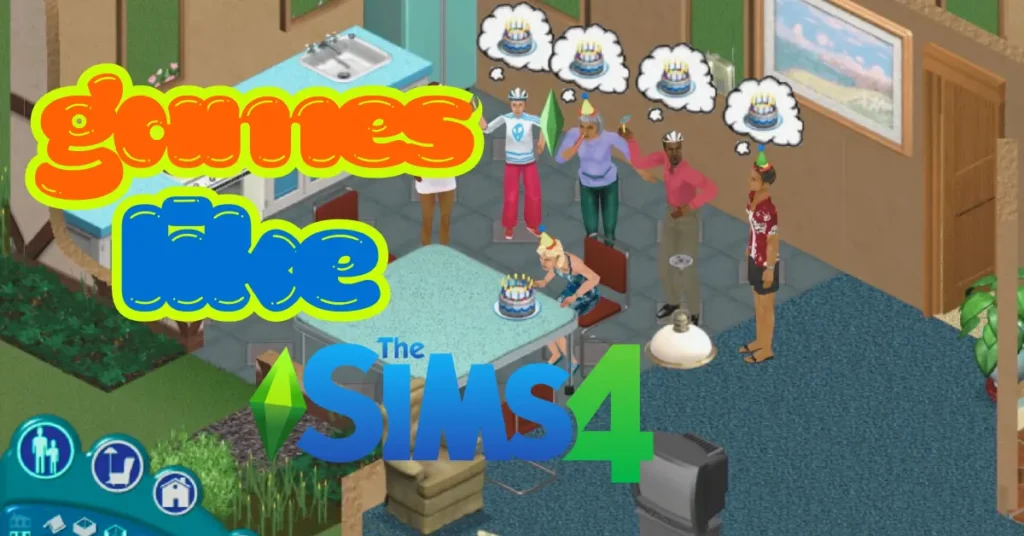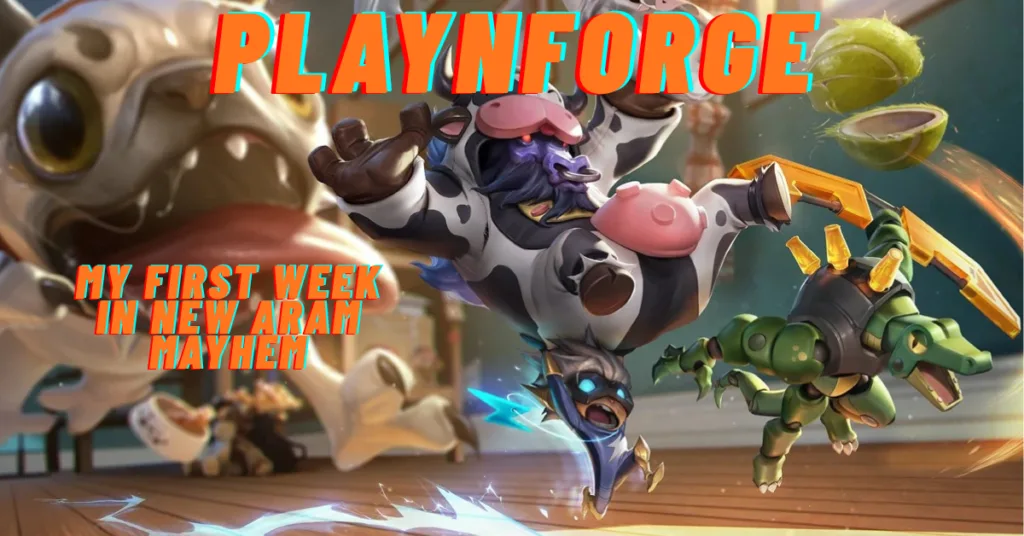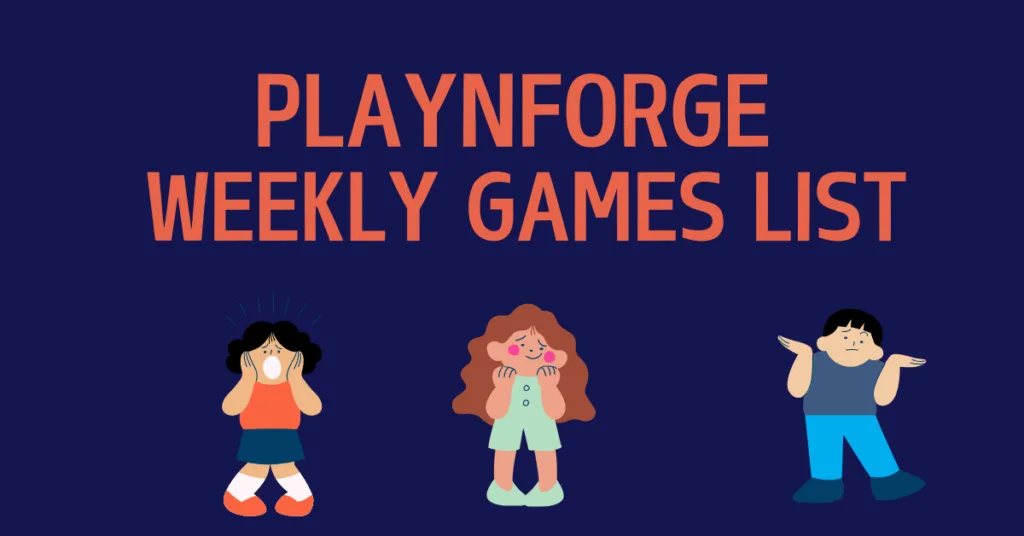Games like The Sims are… well, nonexistent if you want to be strict about what makes a game “Sims-y”. It’s one of a kind, or at the very least the most popular and widely played example. Few have tried to usurp that throne.
But if you zero in on what you like about Sims specifically, you might have more luck finding something similar. And that’s what I’m here to do — give you options that are not quite the same, but will scratch specific itches and might even become your new favorite game to play.
And hey, if you don’t end up liking any of them, I have a few mod recommendations and an upcoming release that will top this list if it turns out right. Let’s get into it!
Last updated on:
Tiny Life — Sims in Pixel Graphics
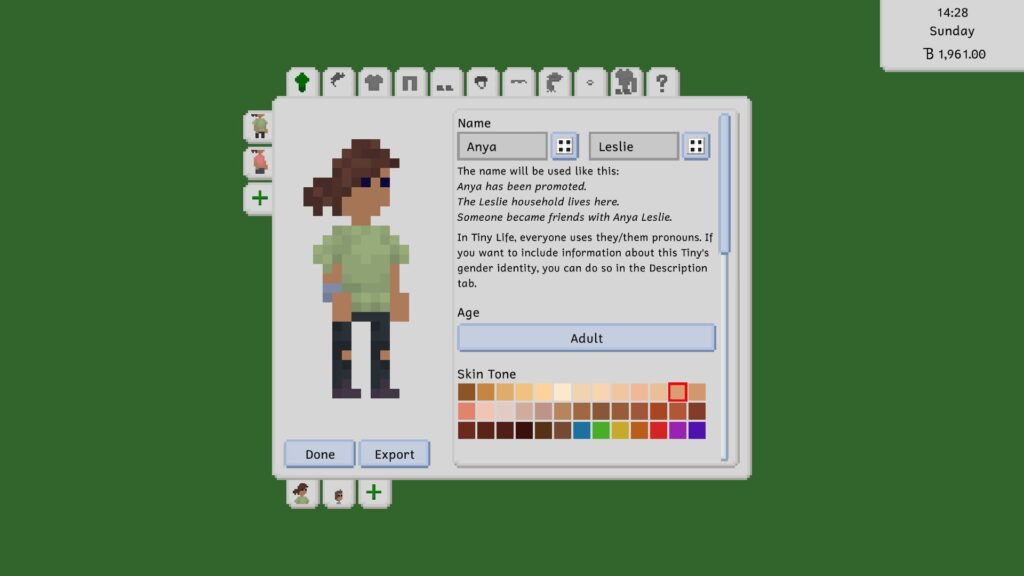
Platforms: PC (Windows, macOS, Linux)
Style: Isometric pixel-art life simulation
Tiny Life captures the essence of The Sims in a simplified, pixel-based environment. It offers the core life simulation features—building houses, managing needs, forming relationships, and pursuing careers—while streamlining the interface and systems.
You can create and control multiple characters, design and furnish their homes, and guide them through daily routines. The game’s art style and lightweight system requirements make it accessible if you have older hardware, and its smaller scale makes it easier to manage than the sprawling complexity of later Sims entries.
Why give it a try:
- Full character customization
- Isometric building and furnishing tools
- Needs, skills, and relationship management
- Pixel-art aesthetic with a nostalgic appeal
Best suited for: If you enjoy The Sims but want a minimalist, accessible alternative with familiar systems.
Crusader Kings — For Generational Development and ✨The Drama✨
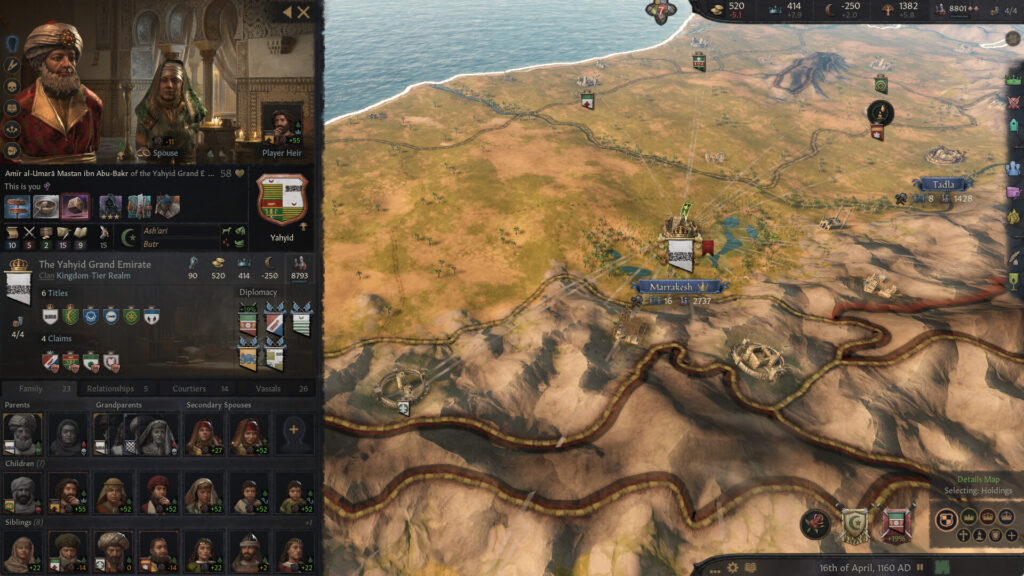
Platforms: PC, Xbox Series X/S, PlayStation 5
Style: Grand strategy with role-playing elements
While Crusader Kings III is primarily known as a grand strategy game, it offers in-depth generational storytelling that appeals to Sims players who enjoy multi-generational gameplay and character-driven drama. Instead of managing a single household, you get to control a medieval dynasty over centuries, making decisions that affect both personal relationships and political power.
Characters have unique traits, ambitions, and rivalries, which leads to narratives shaped by your choices or by events entirely outside your control. Marriage, succession, alliances, and betrayals all play central roles in gameplay.
Why give it a try:
- Detailed family trees and hereditary traits
- Dynamic relationship systems affecting diplomacy and politics
- Procedural storytelling through events and decisions
- Playable across multiple centuries
Best suited for: If you’re interested in multi-generational storytelling with a focus on strategic and political complexity.
Rimworld — For the Similar Vibes (Watching Little Computer People Live Their Lives)
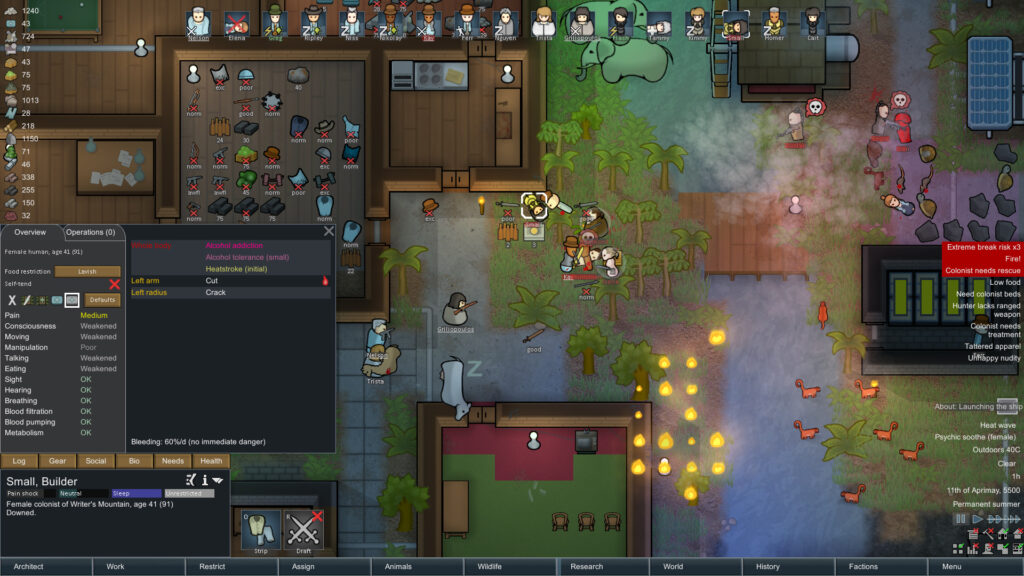
Platforms: PC, macOS, Linux
Style: Colony management and survival simulation
RimWorld takes the concept of managing a group of characters and applies it to a survival colony on a distant planet. Each colonist has a set of traits, moods, and skills that affect how they interact with others and respond to challenges.
The game’s AI “storyteller” generates events—ranging from natural disasters to interpersonal conflicts—creating stories unique to each playthrough. You have to balance building and expanding your settlement with managing the physical and emotional needs of your colonists.
Why give it a try:
- AI-driven narrative events
- Deep trait and mood systems for each character
- Base building with resource management
- Mod support for expanded gameplay
Best suited for: If you enjoy the interpersonal drama of The Sims but want added strategic and survival elements.
Stardew Valley — It’s a Life Sim, Has Dating, Could Scratch the Itch 🤷
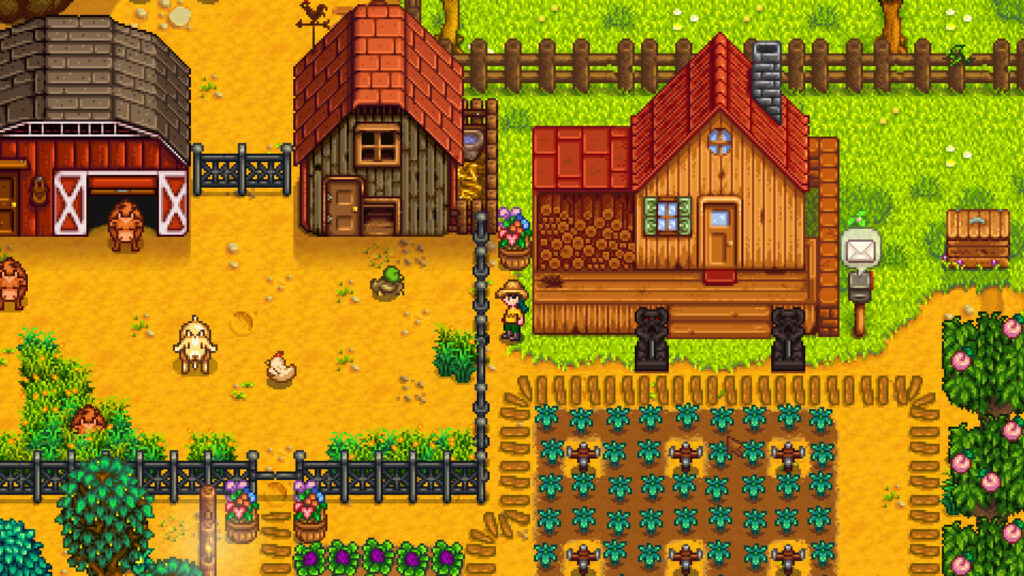
Platforms: PC, macOS, Linux, PlayStation, Xbox, Nintendo Switch, Mobile
Style: Farming and life simulation
Stardew Valley offers a slower-paced, relationship-focused alternative to The Sims. You inherit and manage a farm, raise livestock, grow crops, fish, and participate in community events. The game also allows for building relationships, marriage, and starting a family.
While farming is central, Stardew Valley also includes exploration, light combat, and crafting. The character-driven elements and open-ended play make it appealing if you like the life simulation aspects of The Sims.
Why give it a try:
- Relationship and marriage systems
- Customizable home and farm
- Seasonal events and festivals
- Extensive modding community
Best suited for: If you’re seeking a relaxed, community-focused simulation with relationship and home-building elements.
My Time at Sandrock — Another Cozy Life Sim (Sans Pixel Graphics)

Platforms: PC, PlayStation, Xbox, Nintendo Switch
Style: Life simulation with crafting and exploration
My Time at Sandrock is the follow-up to My Time at Portia, but this one offers a more expansive world and refined systems. You take on the role of a new builder in the desert town of Sandrock, tasked with restoring and improving the community.
The game blends life simulation with crafting, farming, social interaction, and exploration. You’ll gather resources, craft furniture and machines, upgrade your workshop, and build relationships with townspeople. There’s also a light combat system for exploring ruins and defending the town.
Why give it a try:
- Detailed 3D environments and character models
- Crafting-focused progression system
- Relationship building with NPCs, including romance options
- Farming, animal care, and community events
Best suited for: If you want to enjoy the relationship and home-customization aspects of The Sims but prefer a more goal-driven experience in a larger, explorable world.
Cities: Skylines — A City-Building/Management Sim

Platforms: PC, PlayStation, Xbox, Nintendo Switch (Cloud Version)
Style: Urban planning and simulation
While Cities: Skylines operates on a larger scale than The Sims, it offers a similar sense of creative control—this time applied to building and managing an entire city. Players design road networks, manage zoning, provide city services, and maintain a balanced budget while responding to the needs of citizens.
The game’s simulation depth includes traffic management, environmental impact, public transportation systems, and disaster response. Extensive mod support and community-made assets allow you to customize the game’s visuals and systems extensively.
Why give it a try:
- Highly detailed urban planning and simulation tools
- Flexible building and customization options
- Modding and community asset support
- Expansions covering industries, parks, mass transit, and more
Best suited for: If you enjoy The Sims building and management aspects but want a more complex, city-wide simulation challenge.
House Flipper 2 — For the Builders/Decorators
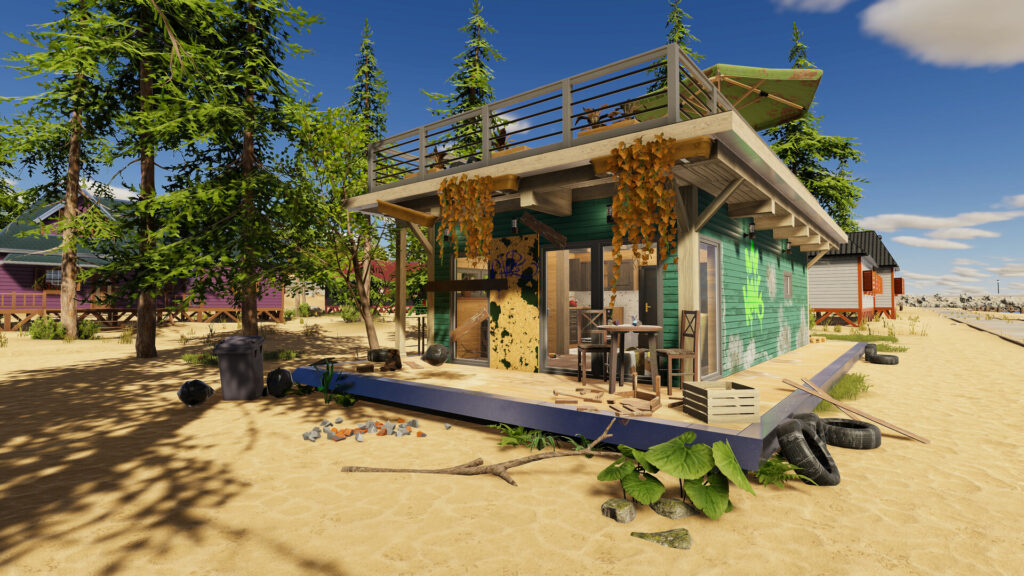
Platforms: PC, PlayStation, Xbox
Style: Renovation and design simulation
House Flipper 2 builds on its predecessor’s premise: buying, renovating, and selling properties for profit. You can clean, repair, and redecorate houses, with tools to paint walls, lay flooring, install fixtures, and place furniture.
The sequel introduces improved building mechanics, more detailed customization options, and new modes that allow for freer creative expression. The game emphasizes design and presentation rather than household management, making it ideal if you enjoy the construction and decoration elements of The Sims.
Why give it a try:
- First-person renovation and decoration gameplay
- Expanded tools for interior and exterior design
- Sandbox mode for unrestricted creativity
- Realistic visual detail for completed projects
Best suited for: If you enjoy The Sims’ building and decorating features and want a focused experience without managing character needs or life simulation elements.
Bonus: Upcoming Game, Paralives (May 26, 2026)
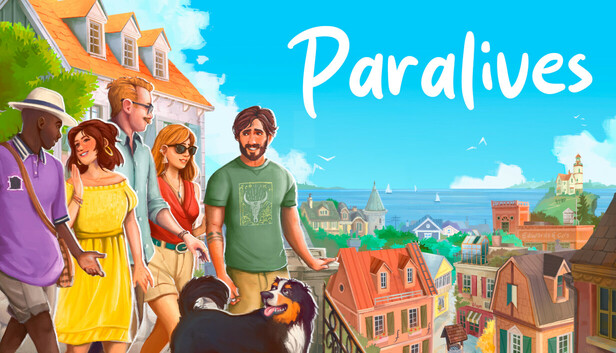
Paralives is probably the closest we’ll ever get to Sims, but we have to wait for it just a bit longer. This indie life sim was supposed to launch in December 2025, but the early access was moved again to May 2026, so fingers crossed it comes out then! Paralives was built by pure Sims fans craving deeper building, richer customization, and vast open-world experiences.
It promises to have freely movable walls, layered roofing, custom window sizes; character creation that lets you tweak every pore, freckle, and eyebrow; world-building that allows sprawling environments, non-linear exploration, and complex story cards to drive NPCs.
Why it’s promising:
- Sandbox: Build anything. Literally.
- Character + story depth: Story cards inject narrative quests that bring NPCs to life.
Best for: die-hard Sims lovers drooling over options, creative builders craving blank canvases, and folks bored of half-baked packs.
Bonus Bonus: Try Some Mods
If you’re still playing The Sims 4, you don’t have to suffer through lackluster base-game systems. Mods can transform your gameplay, turning a mediocre sim-life into something deep, weird, or just more fun.
Here are a few must-tries:
- MC Command Center — The backbone of many modded saves. It gives you control over aging, population, careers, pregnancies, and more. Total game-changer.
- Wonderful Whims / Wicked Whims — Want more realism in your relationships? Wonderful Whims adds attraction systems, personality compatibility, and better romance. Wicked Whims… let’s just say it’s for 18+ players who want realism turned all the way up.
- Better Build/Buy — Unlock hidden objects, organize your build catalog, and access more tools. It’s a must for builders.
- Slice of Life — Adds emotions, personality quirks, physical changes, and even acne. It makes Sims feel like real people, not just moodlets with legs.
- Meaningful Stories — Overhauls the emotional system so moods build over time instead of flipping instantly. Way more realistic and nuanced.
Pavle is the founder of PlayForge and its lead writer and reviewer, covering PC, PS5, and mobile games, a with a focus on RPGs, MMOs, FPS games, and more. He’s been gaming since the PS2 days and now writes in-depth reviews and guides to help players find their next obsession and get gaming insights from real players, not just critics. His reviews are honest and transparent, but he always tries to stay positive, because in his opinion, almost any game can be fun if you look at it the right way.
In his free time, he likes to (obviously) play more games, spend time with his family, theorycraft about various media with his wife, and watch anime. So yes, he’s a complete nerd, even if he’ll never admit it.
